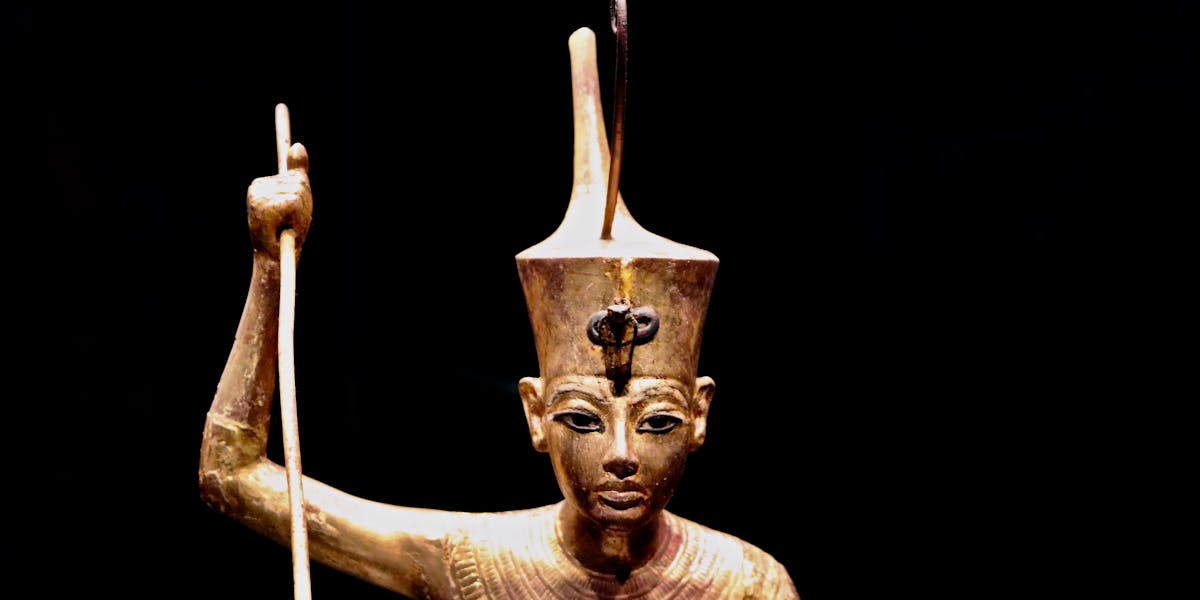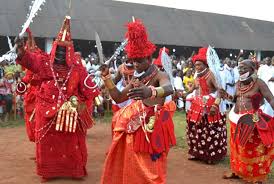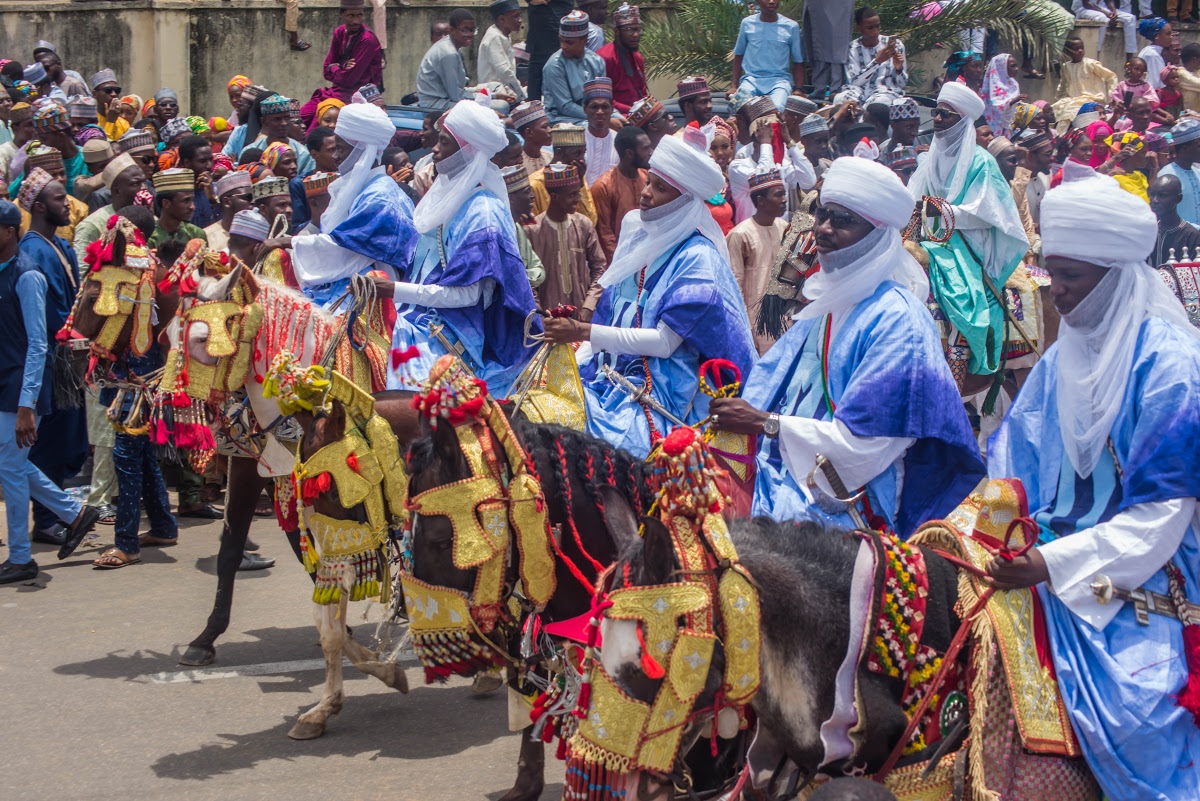
Nigeria’s Traditional Folklore and Mythology: Legends, Deities, and Cultural Wisdom
Nigeria is home to a wealth of traditional folklore and mythology that spans countless stories, deities, and legends from its many ethnic groups. Each of these myths offers insight into the values, beliefs, and wisdom of Nigeria’s diverse communities. Stories passed down through generations capture moral lessons, explain natural phenomena, and emphasize communal bonds. This article delves into some of the most fascinating aspects of Nigerian folklore, including prominent deities and myths from Yoruba, Igbo, and Hausa traditions, as well as efforts to keep these stories alive through literature, theater, and digital media.
The Role of Folklore in Nigerian Culture
Folklore in Nigeria is more than entertainment—it is a means of preserving cultural identity and imparting important life lessons. Myths and folktales teach morals, reinforce social norms, and help younger generations understand their heritage. In traditional Nigerian societies, storytelling was often performed in community settings, where elders recited stories that inspired courage, wisdom, and respect for nature.
These stories are part of the larger oral tradition in Nigeria, which includes poetry, songs, and proverbs that convey cultural teachings. The emphasis on oral storytelling strengthens bonds within communities, ensuring that cultural wisdom is passed down.
Yoruba Mythology: Gods, Spirits, and Legends
Yoruba mythology is one of Nigeria’s most well-known mythological traditions. It is rich with deities known as Orishas, each associated with natural forces, virtues, and societal roles. Some of the most prominent Orishas include:
- Olodumare: The supreme creator in Yoruba mythology, Olodumare is believed to be the source of all life and the universe. This deity is often considered distant but omnipresent, symbolizing the vastness of creation.
- Shango: The god of thunder and lightning, Shango is a powerful figure associated with courage, justice, and strength. His stories emphasize the consequences of pride and the importance of honor.
- Oshun: The goddess of love, fertility, and rivers, Oshun is revered for her beauty, compassion, and wisdom. Her myth encourages compassion and is often associated with feminine strength and motherhood.
- Obatala: Known as the god of wisdom and purity, Obatala is believed to be a gentle spirit who promotes peace and moral conduct. Obatala’s stories encourage humility, patience, and the pursuit of truth.
The stories of these deities are recounted in rituals, festivals, and ceremonies that bring Yoruba communities together. For example, the Osun-Osogbo Festival celebrates Oshun and is held annually in Osogbo, Osun State, drawing visitors and devotees from around the world.
Igbo Folklore and the Spirit World
Igbo folklore centers on the relationship between humans, spirits, and the ancestral world. The Igbo believe in a Supreme Being known as Chukwu, along with other spirits and deities who govern various aspects of life. Prominent themes in Igbo mythology include respect for ancestors, reverence for nature, and the power of destiny. Some key elements include:
- Ala: The goddess of fertility, morality, and the earth, Ala is highly revered in Igbo culture. She is seen as a mother figure who ensures the fertility of both land and people, emphasizing the connection between humans and the earth.
- Amadioha: Often considered the god of justice, Amadioha represents truth, law, and order. Myths surrounding Amadioha promote justice and honesty, as he is believed to punish those who lie or cause harm unjustly.
- Ikenga: This deity represents strength, achievement, and personal success. Often depicted with a ram’s horn, Ikenga encourages ambition and courage in the face of challenges.
Igbo folklore is also rich in proverbs and allegorical tales, which serve to teach morals and provide guidance on ethical conduct.
Hausa Folklore: Tales of Heroes and Moral Lessons
Hausa folklore includes heroic stories, riddles, and proverbs that are passed down through generations. The Hausa tradition emphasizes moral values, community loyalty, and the importance of wisdom. Key figures in Hausa folklore include:
- Bayajidda: The legendary hero of Hausa lore, Bayajidda is said to have founded the Hausa states after slaying a serpent that terrorized the people of Daura. His tale is one of bravery and resilience, inspiring Hausa people to value courage and unity.
- Dodo: A supernatural being, Dodo often appears in stories as a figure who tests the bravery of individuals. These tales serve as a reminder of the importance of courage and wit in overcoming obstacles.
- Tales of Cunning: Many Hausa folktales feature clever animals or individuals who use their intelligence to solve problems. These tales promote ingenuity and strategic thinking.
Preserving Nigerian Folklore in Modern Times
As Nigeria modernizes, there is a growing movement to preserve traditional folklore and mythology. Writers, filmmakers, and cultural organizations are working to document these stories for future generations. Authors like Chinua Achebe and Chimamanda Ngozi Adichie have drawn upon Nigerian folklore in their works, introducing global readers to Nigeria’s mythological heritage.
Efforts are also being made to bring Nigerian folklore to new media platforms. Animated films, podcasts, and social media accounts dedicated to storytelling are helping to keep these tales alive. For example, projects like Tales by Moonlight have adapted folklore for television, allowing children to experience these stories in an accessible format.
These resources offer a visual exploration of Nigeria’s mythological traditions, helping both Nigerians and global audiences appreciate the depth and beauty of Nigerian folklore.
In conclusion, Nigeria’s folklore and mythology are not just relics of the past—they are vibrant expressions of cultural wisdom and identity. As these stories continue to evolve and reach new audiences, they remind us of the values, lessons, and spirit of unity that define Nigerian heritage.




I went over this site and I think you have a lot of good information, saved to bookmarks (:.